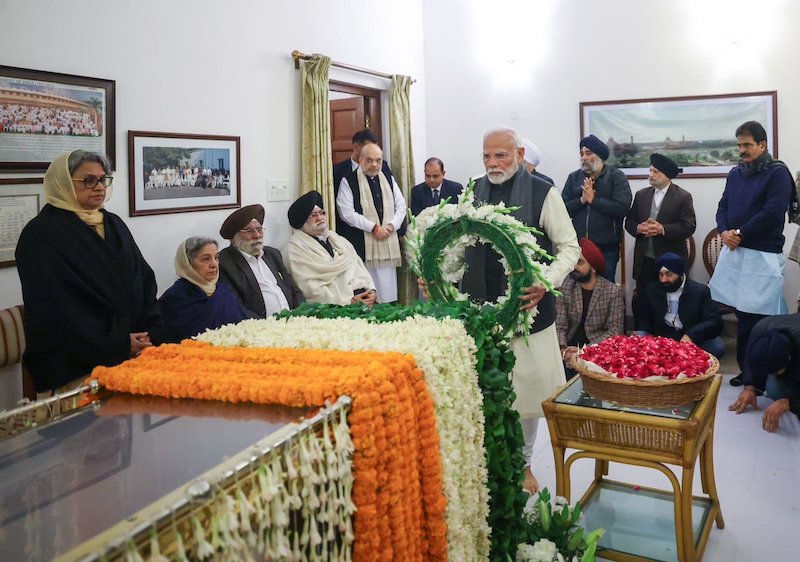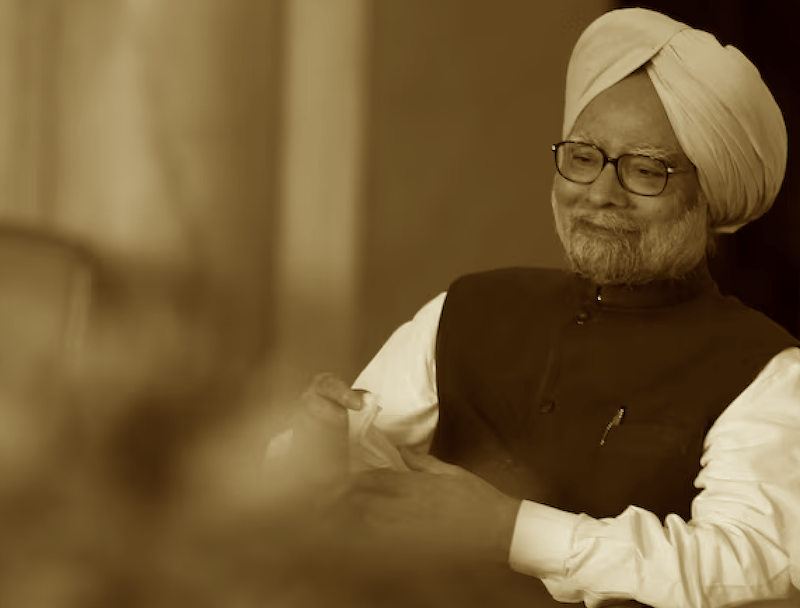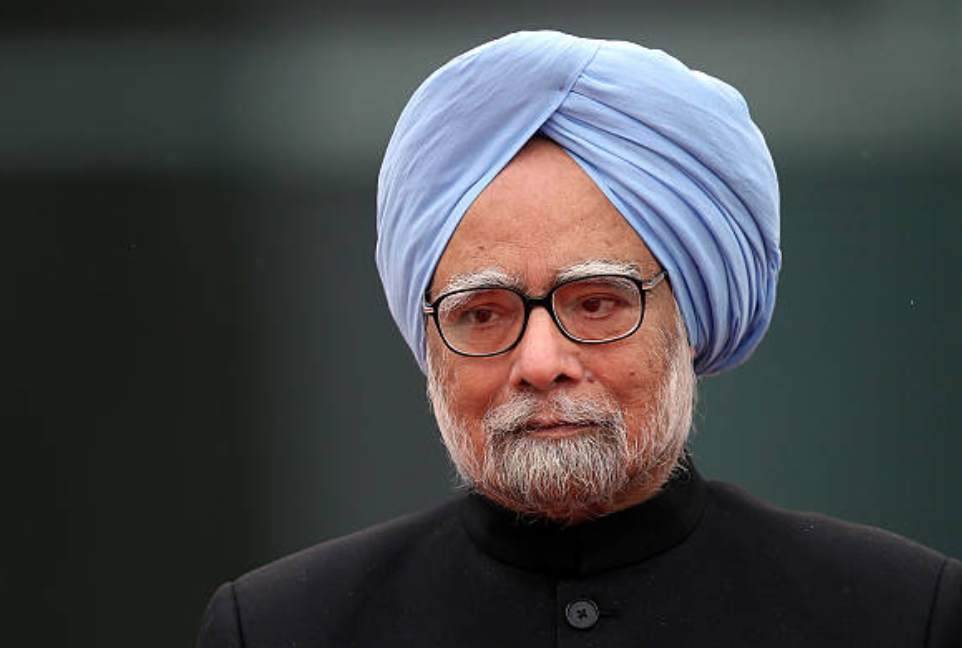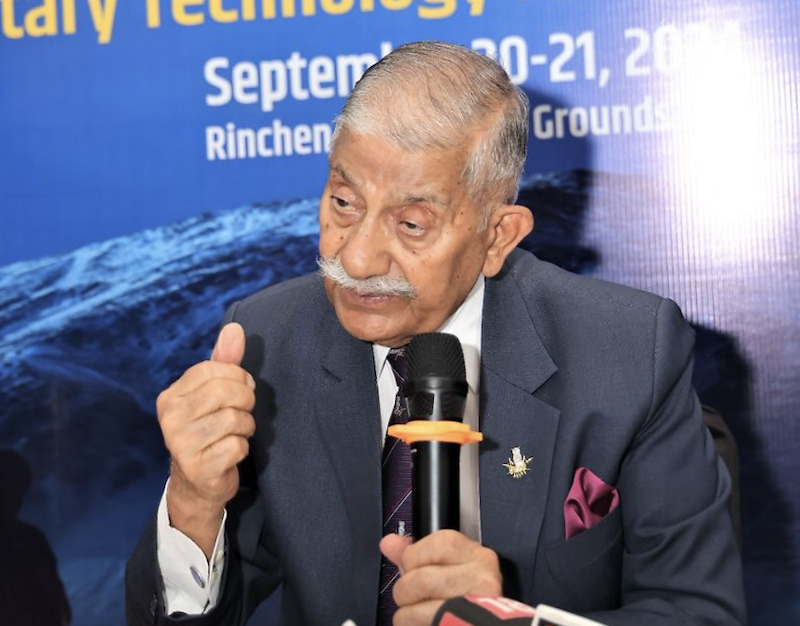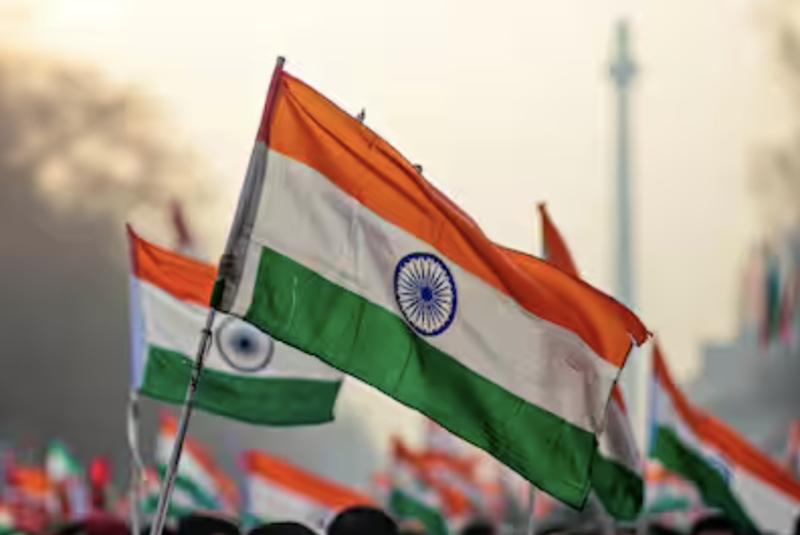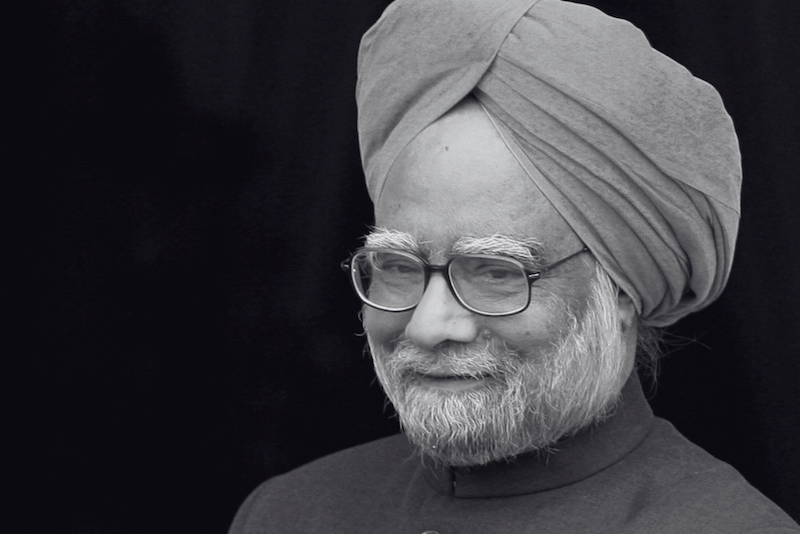 Dr Manmohan Singh (September 26, 1932 – December 26, 2024)
Dr Manmohan Singh (September 26, 1932 – December 26, 2024)
Dr Manmohan Singh, the distinguished economist who served as India’s 13th prime minister and fundamentally transformed the nation’s economic landscape, passed away on Thursday at the All-India Institute of Medical Sciences in Delhi of age-related health conditions. He was 92.
The soft-spoken leader, whose intellect and integrity earned him respect across the political spectrum, left an indelible mark on India’s trajectory through his pioneering economic reforms. Born in undivided Punjab’s Gah village, which is now in Pakistan, on September 26, 1932, Singh’s academic brilliance took him from a modest background to the hallowed halls of Cambridge and Oxford, where he earned his degrees in economics with notable distinction.
His most consequential role came during India’s watershed moment in 1991 when, as finance minister in the PV Narasimha Rao Cabinet, he orchestrated sweeping economic reforms that dismantled the “licence-permit raj” and opened India’s markets to global competition. His measured approach and intellectual rigour helped India navigate a severe balance of payments crisis, laying the groundwork for decades of robust economic growth.
As prime minister for two consecutive tenures – from 2004 to 2009 and from 2009 to 2014, Singh led India’s most prolonged period of economic expansion, with growth averaging 7.7 per cent. His government’s flagship programmes, including the Mahatma Gandhi National Rural Employment Guarantee Act and the Right to Education Act, reflected his commitment to inclusive development – a philosophy that economic progress must uplift all sections of society.
His government also saw the Right to Information Act bringing transparency in how the government conducts its business.
Singh’s decade at the helm saw India enhance its global stature. One of his most significant achievements was the transformation of India’s ties with the US, which had imposed sanctions on India following the former’s nuclear tests in 1998. Despite severe objections from coalition allies and the opposition parties, Singh risked his government’s tenure by going ahead and signing the landmark India-US Civil Nuclear Agreement with the-then US president, George W Bush.
It was during his tenure as prime minister that India and China reinforced border pacts to maintain the status quo of the line of actual control (LAC) and peace and tranquillity along the 4,057-kilometre disputed boundary. During Singh’s premiership, New Delhi and Beijing announced the establishment of the strategic cooperative partnership for peace and prosperity and reached an agreement on the political parameters and guiding principles for the settlement of the India-China boundary issue.
The four-nation Quadrilateral Security Dialogue group, which is colloquially called Quad, was initiated in 2007 by the-then Japanese prime minister, Shinzo Abe, with the support of the-then United States vice-president, Dick Cheney; the-then Australian prime minister, John Howard; and Manmohan Singh, who was India’s prime minister at that time.
During his second term, he faced severe criticism for not retaliating militarily against Pakistan for sending terrorists to carry out the 26/11 Mumbai terror attacks, in which left 175 people, including nine attackers, dead. The term was also marked by policy paralysis and declining economic momentum, as corruption allegations against Singh’s Cabinet colleagues, his government’s fractious coalition partners, and stubborn inflation dampened India’s earlier trajectory of robust growth.
Despite facing criticism for his reticent leadership style during his second term, his personal integrity remained unimpeached, a rare distinction in contemporary politics.
The first Sikh to hold India’s highest executive office, Singh’s contributions were recognized through numerous accolades, including the Padma Vibhushan, India’s second-highest civilian honour. His famous 1991 Budget-speech quote as the country’s finance minister: “No power on earth can stop an idea whose time has come,” encapsulated his vision for India’s economic potential.
Dr Manmohan Singh is survived by his wife of over six decades, Gursharan Kaur, and three daughters. His legacy endures through India’s economic vitality and his exemplary model of dignified public service, marking him as one of modern India’s most consequential leaders.
On his demise, the government has announced a seven-day national mourning. He will be accorded a state funeral, which is expected to take place on Saturday.

